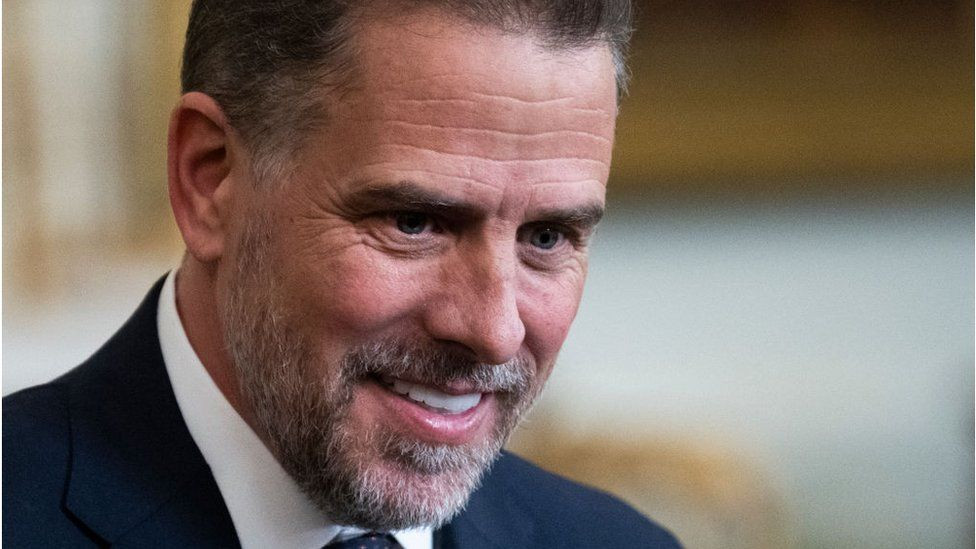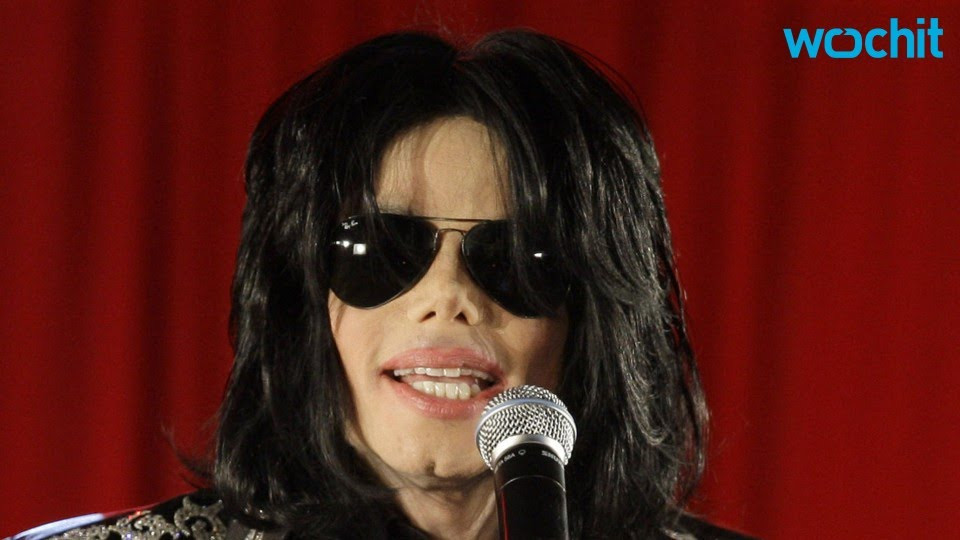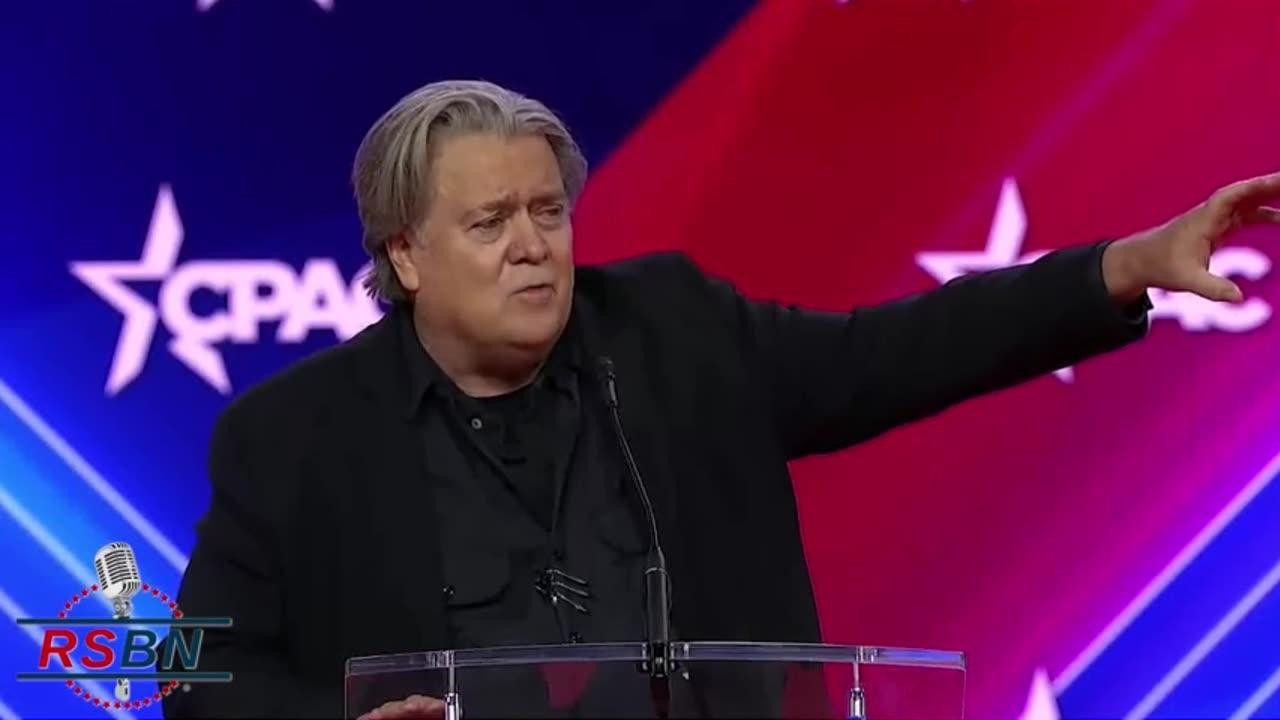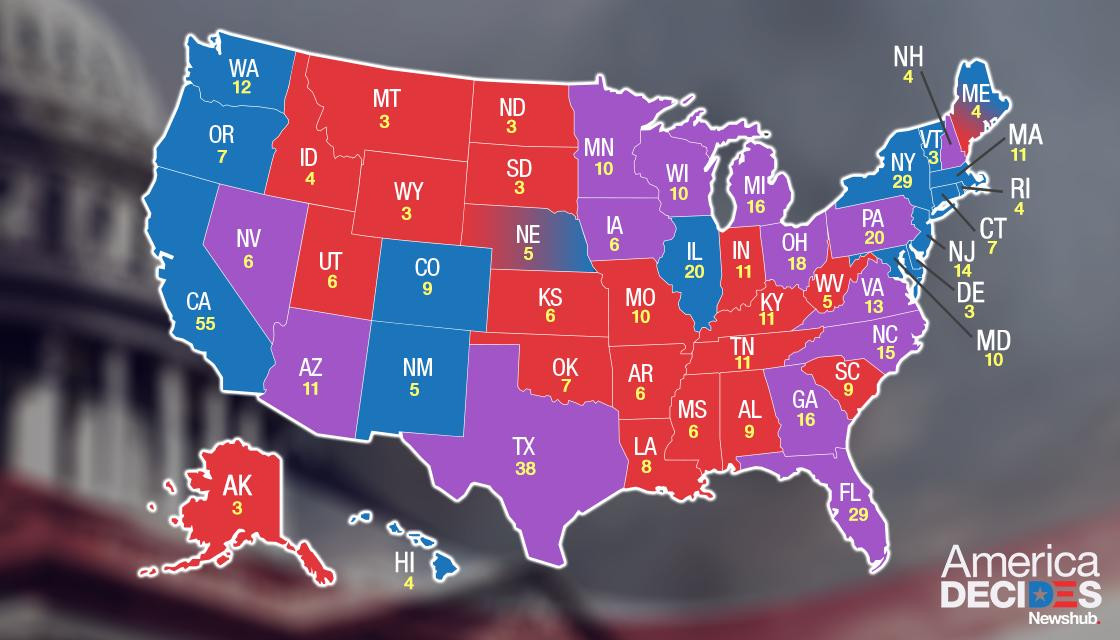Hunter Biden’s sudden guilty plea Thursday to tax charges was preceded by vigorous objections from prosecutors when his lawyer said he was willing to give up a trial and enter what’s known as an Alford plea. The surprise took place in federal court in Los Angeles, where more than 100 potential jurors had been summoned for questioning. President Joe Biden’s son ultimately pleaded guilty to nine charges in the case accusing him of failing to pay at least $1.4 million in taxes over four years.
Before the guilty plea, Hunter Biden’s attorney said he would like to make an Alford plea and forgo a trial. “This can be resolved today,” Abbe Lowell told the judge. Prosecutors, however, objected, and the judge took a break.
The Alford plea is named after a 1970 U.S. Supreme Court case involving Henry Alford of North Carolina, who pleaded guilty to second-degree murder to avoid the death penalty but still said he was innocent. The Supreme Court said there was no constitutional violation. The Justice Department says an Alford plea is when someone “maintains his or her innocence with respect to the charge to which he or she offers to plead guilty.”
Federal prosecutors may not consent to an Alford plea “except in the most unusual of circumstances” and only with approval from senior officials in Washington, a Justice Department manual says. “I want to make something crystal clear, and that is the United States opposes an Alford plea,” prosecutor Leo Wise said in court. “Hunter Biden is not innocent. Hunter Biden is guilty. He is not entitled to plead guilty on special terms that apply only to him.”
U.S. District Judge Mark Scarsi said he didn’t need the government’s approval. But after a break, Hunter Biden’s lawyers dropped the effort, and he pleaded guilty. Most states have a form of Alford plea, though traditional guilty pleas are more common.
In 2018, John Dylan Adams entered an Alford plea in Tennessee in the killing of nursing student Holly Bobo in exchange for a 35-year prison sentence. Prosecutors said he had less involvement than an older brother who is serving a life sentence.
In Arkansas, Damien Echols, Jason Baldwin and Jesse Misskelley, known as the “West Memphis Three,” were released from prison in 2011 in the deaths of three boys. They were allowed to maintain their innocence yet plead guilty in exchange for 18-year sentences and credit for time served. They are currently seeking to clear their names.
Hunter Biden Pleaded Guilty to Nine Federal Tax Charges
Hunter Biden pleaded guilty to nine federal tax charges and Judge Mark Scarsi accepted the plea, multiple outlets reported Thursday—avoiding a second criminal trial. The plea would avoid a second criminal trial for Biden, who was convicted on federal gun charges earlier this year. Biden pleaded guilty to the nine charges and admitted the elements of each offense had been satisfied, multiple outlets reported Thursday afternoon.
He previously pleaded not guilty to three felony charges and six misdemeanor charges alleging he failed to pay $1.4 million in taxes between 2016 and 2019 and instead spent millions on an “extravagant lifestyle.” As part of Hunter Biden’s guilty plea, he will accept whatever sentence is handed down by Scarsi.
The Sentencing Date Is Set for December 16
Biden’s sentencing. It is scheduled for Dec. 16, and the prosecution did not object to the date. Biden faces a maximum sentence of 17 years in prison or a fine of $1.3 million for these charges, The New York Times reported.
Hunter Biden agreed to a plea deal last year that would have involved him pleading guilty to two misdemeanor tax charges. As part of his plea agreement, he would plead guilty to the two charges and enter a diversion program. That deal fell through in July 2022, after a disagreement between Hunter Biden’s lawyers and prosecutors over whether he would be immune from additional charges. The misdemeanors were dismissed last August before his indictment in December.
The IRS Investigation Began in 2018
The Internal Revenue Service began investigating Hunter Biden’s taxes in 2018. Special prosecutor David Weiss alleges Hunter Biden schemed to avoid paying more than $1.4 million in taxes, despite earning more than $7 million in “gross total income” between 2016 and 2020. The indictment alleges Hunter Biden “willfully failed” to file his tax returns for 2017 and 2018 on time and had false business deductions on his 2018 return so he could reduce the “substantial” tax liabilities as of February 2020. Hunter Biden’s lawyers argued he failed to pay his taxes because of his alcohol and cocaine addictions, which he has openly discussed. The trial was also expected to include Hunter Biden’s income from foreign business deals, which have long been criticized by House Republicans.
Hunter Biden was convicted in June of three felonies for unlawfully purchasing a gun while addicted to drugs in 2018. He will be sentenced on Nov. 13 and faces a maximum sentence of 25 years in prison and up to $750,000 in fines, though he will likely avoid a maximum penalty.
Hunter Biden's Tax Evasion Case Will Be a Watershed Moment
The plea deal in the tax evasion case is just the latest twist in a long-running saga that has captivated the nation. The case has been the subject of intense scrutiny, with Republicans using it as a tool to attack President Biden. However, the president has maintained his innocence and has said that he will not pardon his son. The case is expected to continue to be a source of political controversy in the coming months, even as the legal proceedings have come to an end. The case will also be watched closely by legal experts, who will be analyzing the ramifications of the plea deal and the precedent it sets for future cases.
This case has been a major distraction for the Biden administration, and it has also raised questions about the role of the Justice Department in political cases. The plea deal will likely not put an end to the controversy, but it will likely be the last major development in the case for some time. It will be interesting to see how the political landscape changes as a result of the case and the precedent it sets.
The Hunter Biden case will likely be a major story for years to come. The case has already had a significant impact on the political landscape, and it will likely continue to be a source of controversy. The case will also be watched closely by legal experts, who will be analyzing the ramifications of the plea deal and the precedent it sets for future cases. The Hunter Biden case is just the latest example of the way that high-profile legal cases can have a significant impact on the political landscape.

















